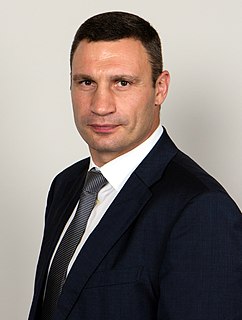A Quote by Garry Kasparov
In an age when schools are facing significant budgetary restraints, there is a greater need than ever to make chess available to as many students as possible. We've assembled the very best in chess education to develop a complete chess curriculum - K through 12. We've designed a program that encourages creativity, instills self-discipline and offers hope and a feeling of accomplishment to millions of children.
Related Quotes
I was a professional chess player in Romania, but only a small-time master. When I came to France, I continued playing chess for many years: I played tournaments in numerous countries with mixed results. I wrote and published a book - La Défense Alekhine and translated two others from Russian. I taught chess in schools; I earned more money through chess than through literature.
I started playing chess when I was about 4 or 5 years old. It is very good for children to learn to play chess, because it helps them to develop their mental abilities. It also helps to consolidate a person's character, because as it happens both in life and in a chess game we have to make decisions constantly. In chess there is no luck and no excuses: everything is in your hands.
I used to play a lot of chess and competitive chess and study chess and as you get to the grandmasters and learn their styles when you start copying their games like the way they express themselves through... The way Kasparov or Bobby Fischer expresses themselves through a game of chess is it's astonishing. You can show a chess master one of their games and they'll say "Yeah, that is done by that player."
I love chess, and I didn't invent Fischerandom chess to destroy chess. I invented Fischerandom chess to keep chess going. Because I consider the old chess is dying, it really is dead. A lot of people have come up with other rules of chess-type games, with 10x8 boards, new pieces, and all kinds of things. I'm really not interested in that. I want to keep the old chess flavor. I want to keep the old chess game. But just making a change so the starting positions are mixed, so it's not degenerated down to memorisation and prearrangement like it is today.
Chess is more than a game or a mental training. It is a distinct attainment. I have always regarded the playing of chess and the accomplishment of a good game as an art, and something to be admired no less than an artist's canvas or the product of a sculptor's chisel. Chess is a mental diversion rather than a game. It is both artistic and scientific.
Chess is similar to boxing. You need to develop a strategy, and you need to think two or three steps ahead about what your opponent is doing. You have to be smart. But what’s the difference between chess and boxing? In chess, nobody is an expert, but everybody plays. In boxing everybody is an expert, but nobody fights.
Like Dvoretsky, I think that (all other things being equal), the analytical method of studying chess must give you a colossal advantage over the chess pragmatist, and that there can be no certainty in chess without analysis. I personally acquired these views from my sessions with Mikhail Botvinnik, and they laid the foundations of my chess-playing life.
Fischer was a good kid but very unsophisticated about anything but chess. It was all chess for him, every waking moment. We'd go down to the Four Continents bookstore and he'd buy any Russian chess material he could get his hands on. He'd learned enough Russian to get the gist of prose and he just absorbed the chess part.






























